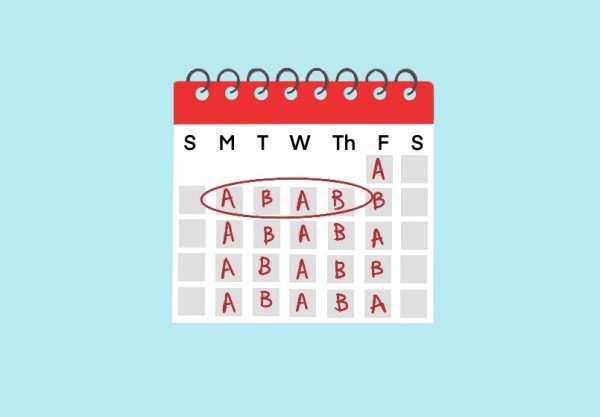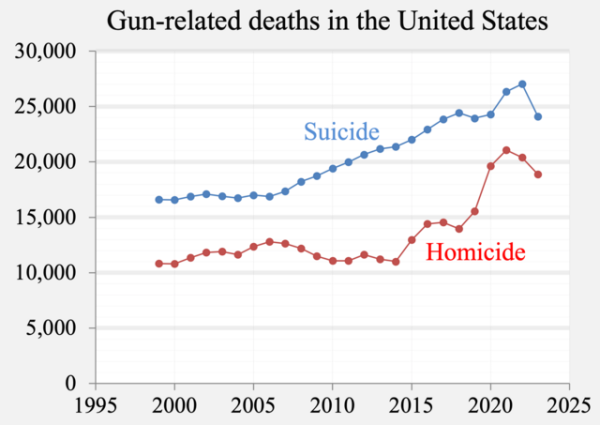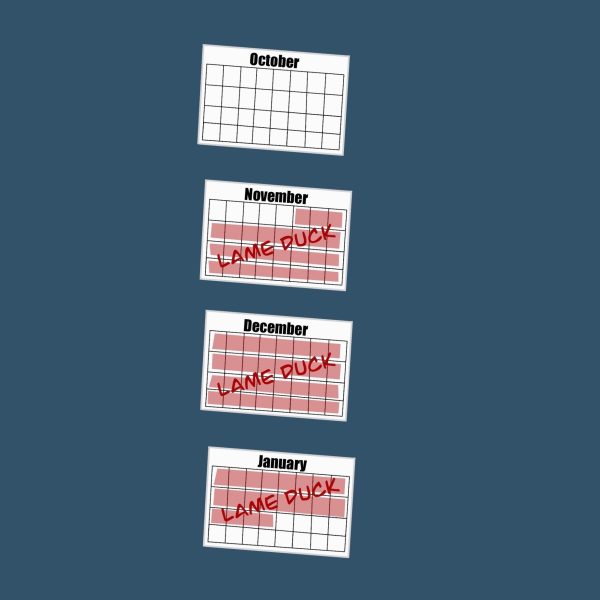Books are necessary for higher learning
To today’s teenagers, the first thing they think of when they hear “story” is Snapchat. Reading stories for fun has become a relic of the past, a childish endeavor suitable only for the days when we dreamt of spells and sorcerers, not good grades and college applications.
As students get older, they read for fun less and less. Research from Common Sense Media, an organization that studies child development in the age of media, found that 45 percent of 17-year-olds read by choice only once or twice a year.
This make some sense; as we get older, we have much less free time as we immerse ourselves in harder classes, extracurriculars and socializing. But worryingly, reading rates for teenagers have dropped off significantly over the past 30 years. The same study found that in 1984, 9 percent of 17-year-olds said they never or hardly ever read for pleasure; in 2014, rates tripled to 27 percent.
The few books high schoolers do read now are for English class, such as “The Iliad” and “Things Fall Apart.” Though these are significant books, they do not necessarily appeal to students or make them more interested in reading, as they are often barely read at all. Instead, students revert to SparkNotes, where they read summaries of school assigned readings.
SparkNotes has fundamentally changed the relationship students have with reading: books are for plot lines; poetic prose is useless and boring. When the only reading students do is for English class, where their grade depends on how well they remember quotes, they stop caring about the more important parts of literature like the ethical queries or personal connections a reading may pose. Students therefore have no incentive to read when SparkNotes can do the job quicker.
Why should we care if students read? Well, for one, it makes them better students. Emory University’s Center of Neuropolicy said in a 2013 study entitled “Short- and Long-Term Effects of a Novel on Connectivity in the Brain” that reading books enhances connectivity and brain function, making readers better thinkers in other contexts. But reading isn’t only about getting smarter. It’s also about learning empathy. That same study found that reading fiction improved the reader’s ability to put themselves in other people’s shoes and therefore be more compassionate community members.
The anomaly the Internet generation faces is figuring out how to get kids to enjoy reading. Ideally, kids grow up with a love of reading, from early childhood all throughout school. Unfortunately, this is very dependent on access to high-quality early education, which is much more likely to be available to high-income families. Even so, kids in our generation who grew up reading are still likely to get distracted with technology. To improve students’ relationship with reading, Grady ought to take matters into its own hands.
Grady should institute mandatory reading outside of class-assigned books to help students learn to love reading. However, if something is mandatory, it’s inherently incongruous with “fun.” That’s why it is necessary the policy has a few important caveats.
Students should be required to read only about five books outside of literature class per year, an amount they can successfully tackle. They also must feel free to choose whatever selection they like. If they’re not enjoying the text, there’s no way they’ll grow to like reading more.
Providing evidence of reading should also be a flexible process. Rather than requiring logs that students will just end up forging their parents’ signature for, they should simply be asked to respond to their readings in a few paragraphs, or whatever other medium they see fit, that reflects their reactions. That way, they can learn to give honest reflections on what they liked or disliked and, consequently have a basis from which to find their next book.
We can’t make everyone love reading, but mandatory reading could encourage teenagers to find their literary niche and inspire an interest in reading.
Anya is a senior at Grady High School. She's excited to edit the news section this year and learn more about the Grady/Atlanta community through writing!










